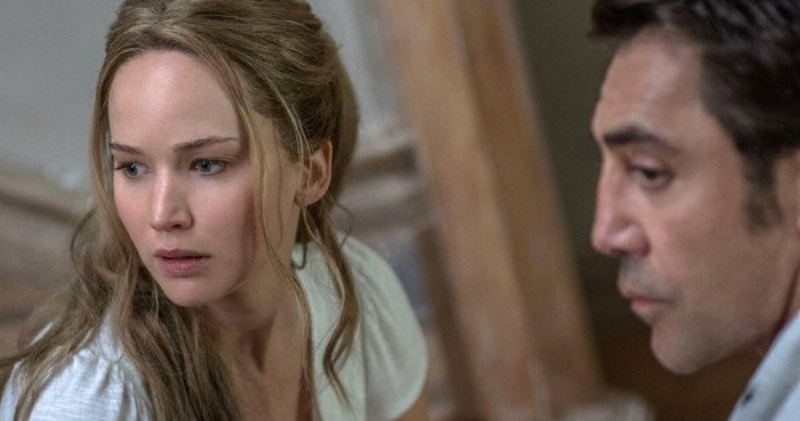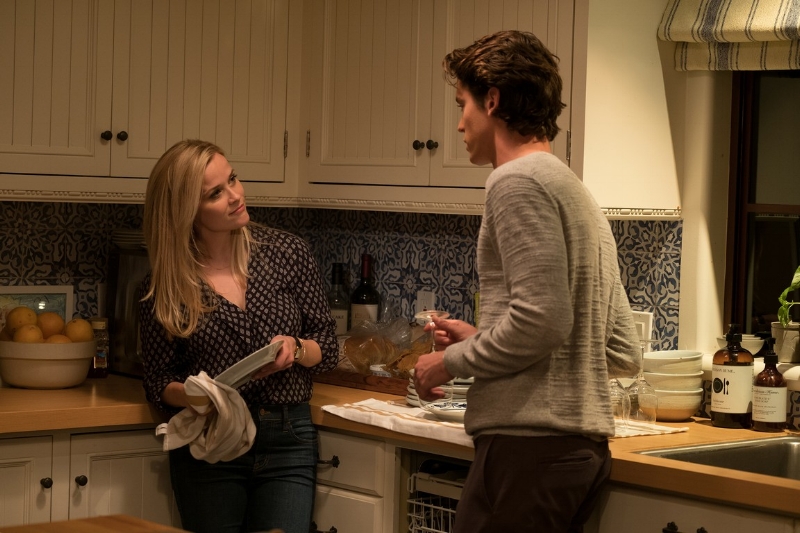BRAD'S STATUS
Directing: B+
Acting: B+
Writing: A-
Cinematography: B
Editing: B+
Writer-director Mike White and Ben Stiller are a match made in heaven for people who like movies that make them uncomfortable. They both specialize in uniquely awkward scenarios. In this case, Stiller plays the titular Brad, a man pushing fifty who is obsessed with comparing his own life accomplishments with those of his friends from college.
The script for Brad's Status is easily its greatest strength, and clearly a lot of people thought so: those college friends make their own brief appearances in the story, and they are played by the likes of Michael Sheen, Luke Wilson, Jemaine Clement, and Mike White himself. All these friends have gone on to far more success than Brad feels he's achieved, since he started a nonprofit and is "merely" middle-class.
Here was have what is essentially a midlife crisis movie, but a rather unusual one. Brad is taking his son Troy (Austin Abrams) on a trip to Boston to tour prospective colleges, and the curious thing about Brad's deep insecurities is how little he presses them on his son. Brad makes mild missteps with Troy, but generally they have a thoughtful, loving, healthy relationship. It's nice to see a story like this where none of the problems stem from a guy's issues with his father.
Brad's Status, in fact, avoids cliche all around -- except that at one point Brad refers to himself as a cliche. This is in the same scene where a young woman of color literally says to him, "Trust me, your life is enough." The whole of this movie could be distilled to that point, with this straight white man paralyzed by envy and an inability to see his own privilege. This alone could make Brad's Status worthy of academic analysis, given the irony in the film itself still putting all of the focus on a straight white man.
I guess it's the rare movie that could perhaps open the minds of other middle-aged straight white men, though. If there were a message here, it would be "You don't have it so bad." There doesn't seem to be any real dysfunction to Brad's family, which is nice, and allows for a more focused, if subtle, look at a man's fragile ego.
Brad marvels at the ability of his wife, Melanie (Jenna Fischer), to be just satisfied with the things in her life. I am perhaps in the minority here, but Melanie was who I related to the most -- why spend time regretting untapped ambitions? I watched this movie and thought about how there are literally studies showing that wealth makes people no happier than poor people, and actually poor people are often happier. Brad is so jaded he feels he can make a bigger difference in the world by getting rich and becoming a philanthropist than by running a nonprofit. That's objectively debatable, and soon enough Brad's amusingly ridiculous fantasies about his college friends' imagined great lives give way their respective harsh realities.
Mike White is particularly skilled at nuance, and it takes a while to appreciate the quality of a movie like this. At first Brad is so disillusioned with the direction of his life, as he considers the possibilities for his son, I found myself hoping the whole movie wouldn't be this depressing. But fear not -- Brad's Status may be regularly squirm-inducing in its awkwardness, but it gets less dark as it goes on. It ends in a place surprisingly pleasant, and deeply affecting.
Austin Abrams and Ben Stiller have pretty good lives, it turns out.
Overall: B+










